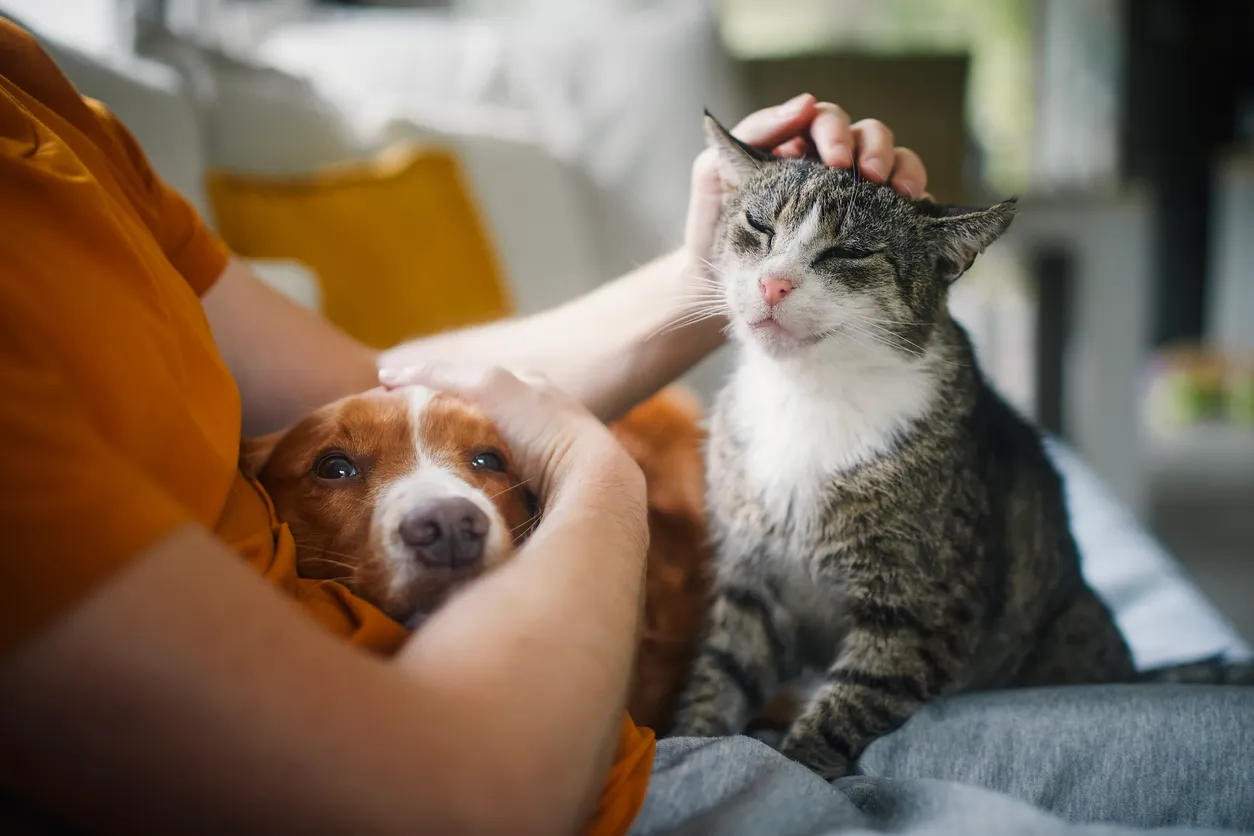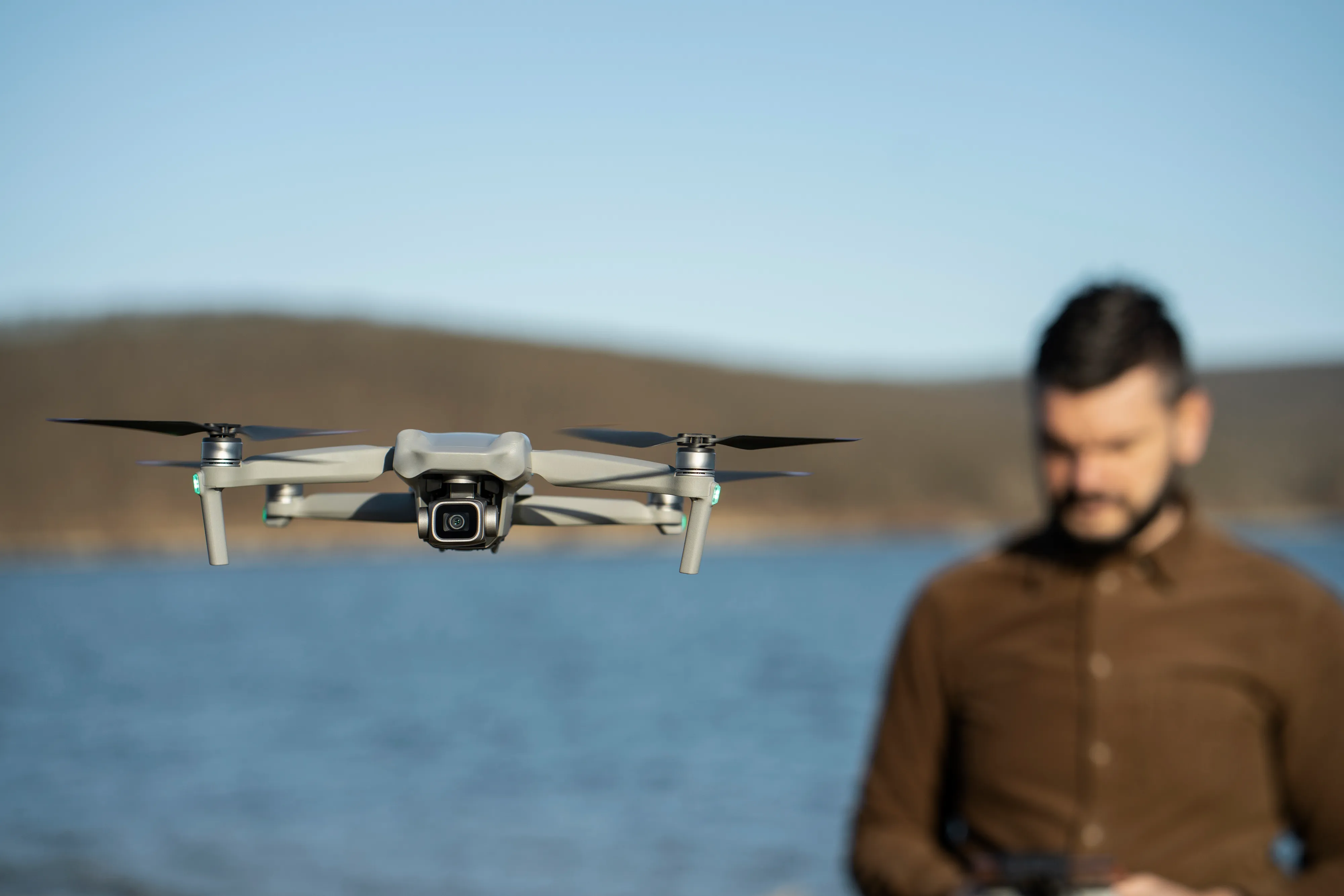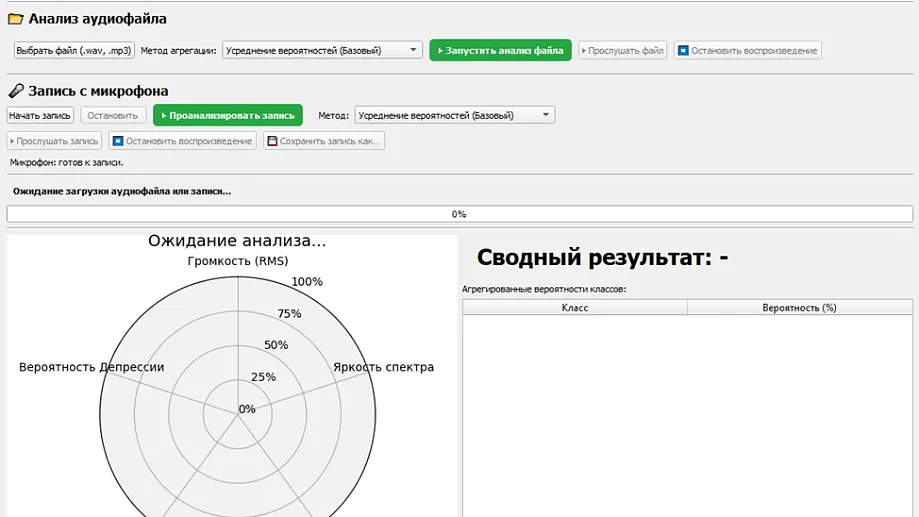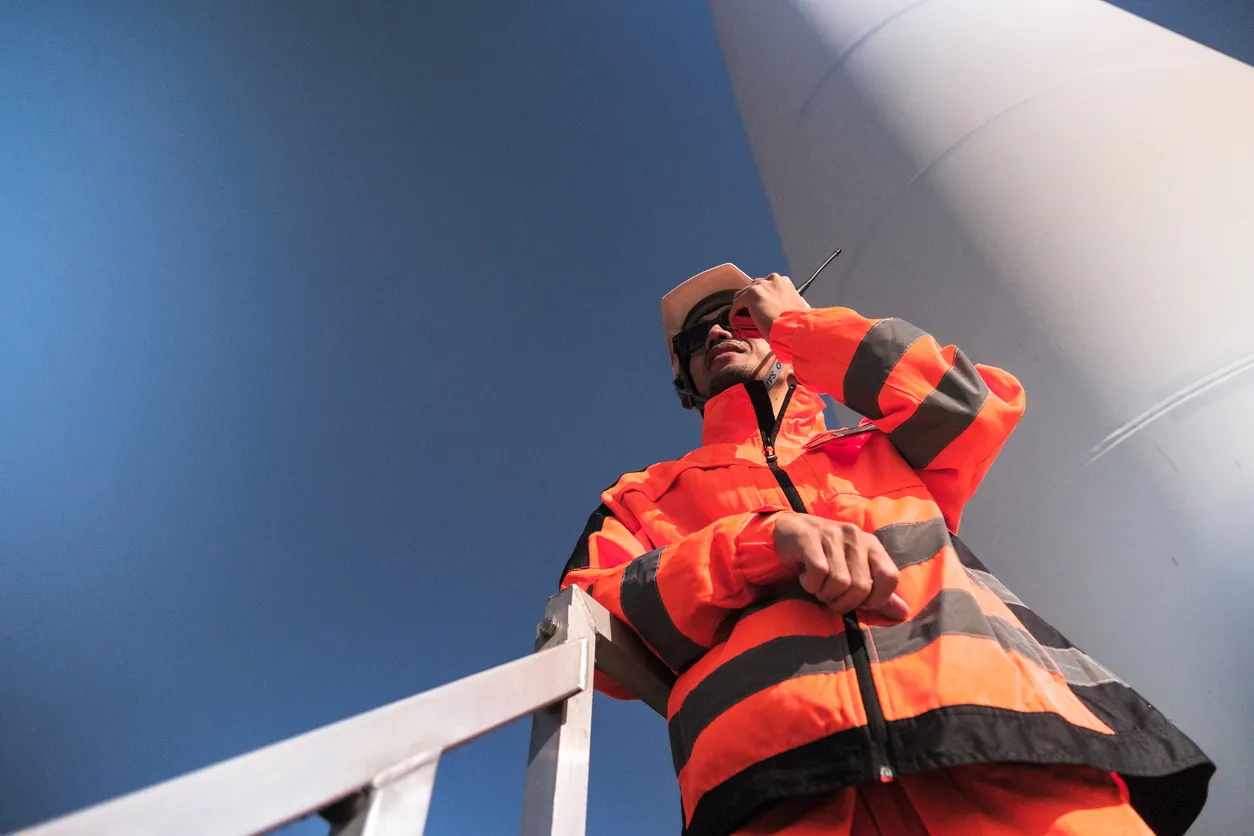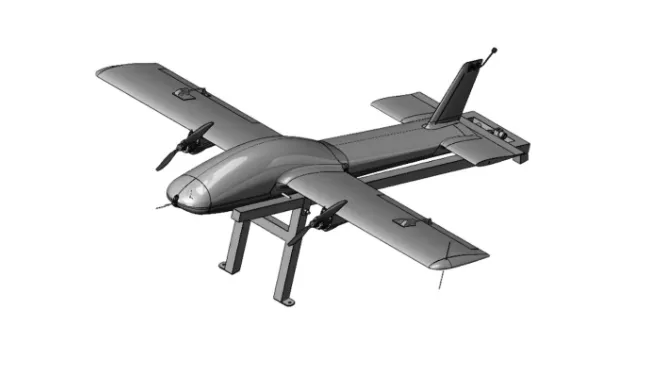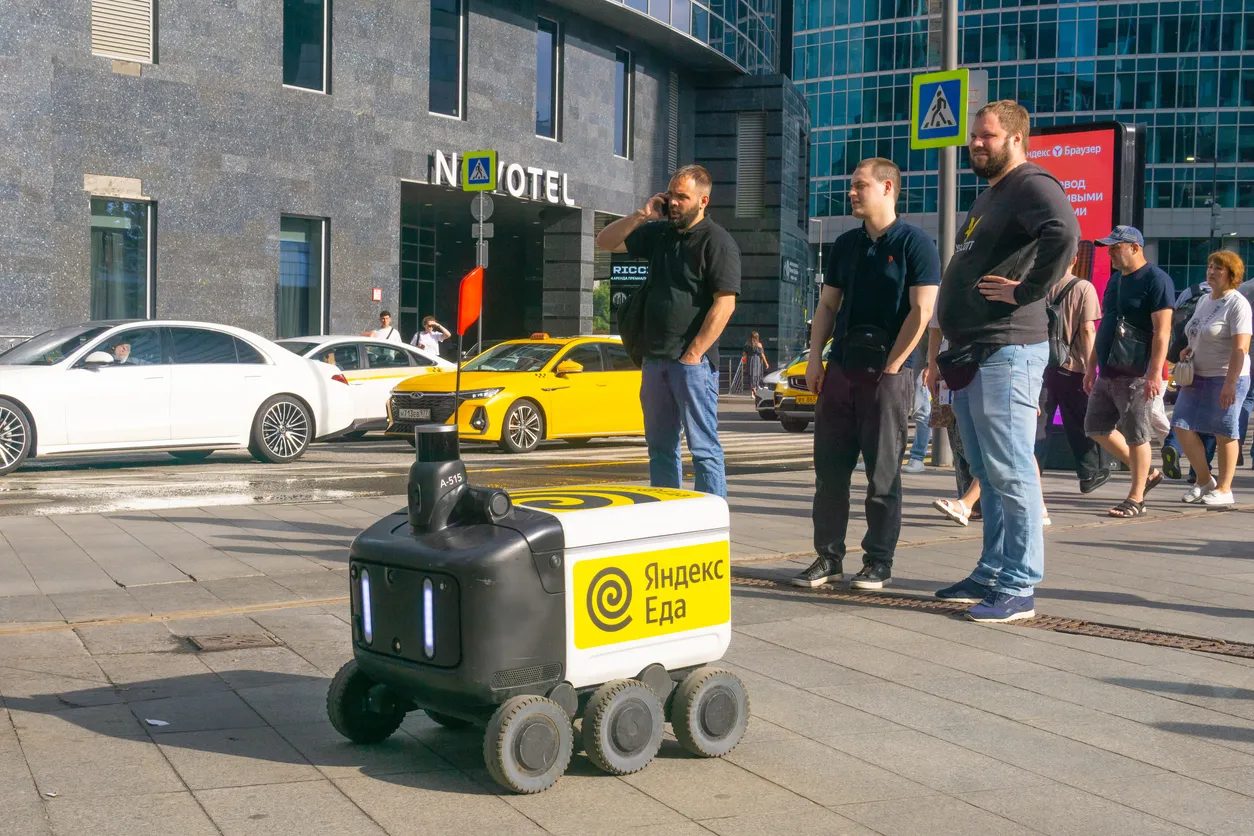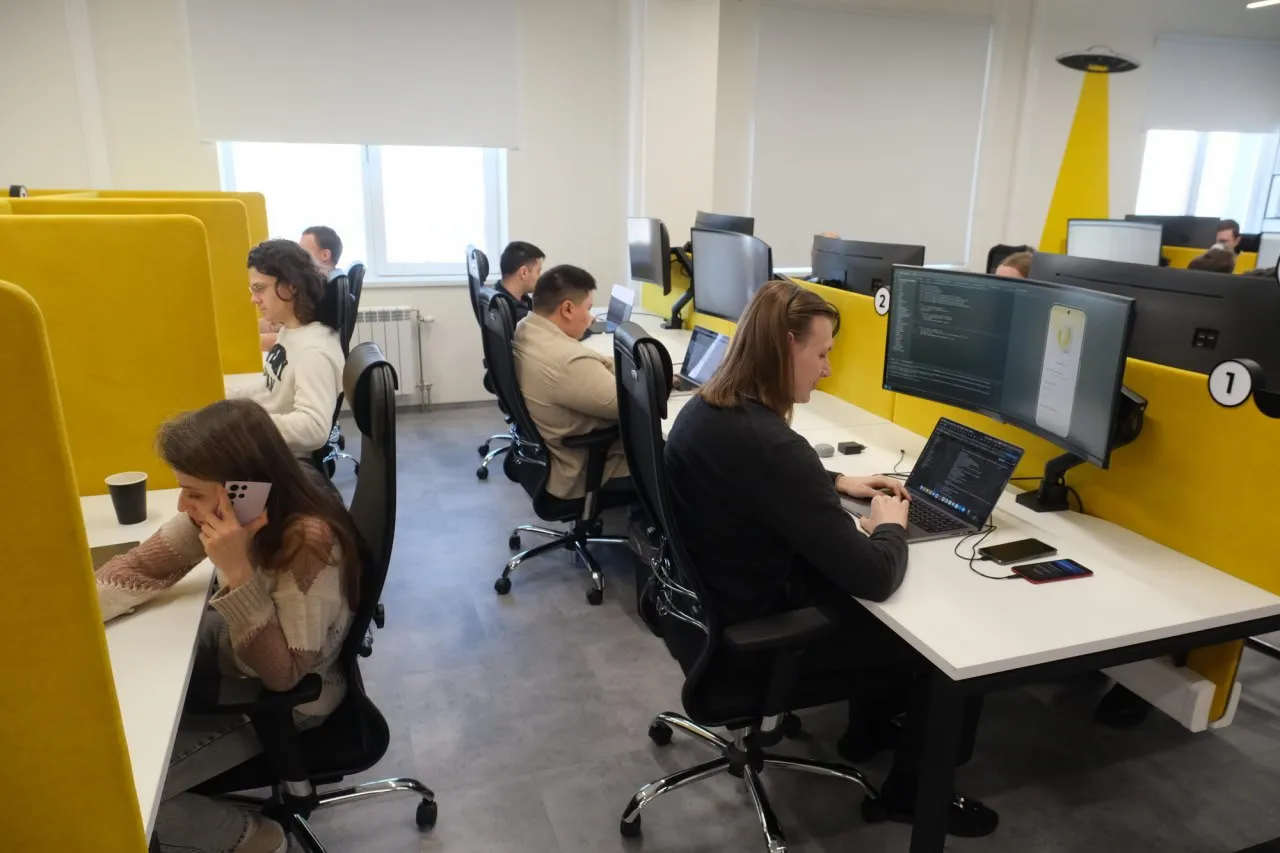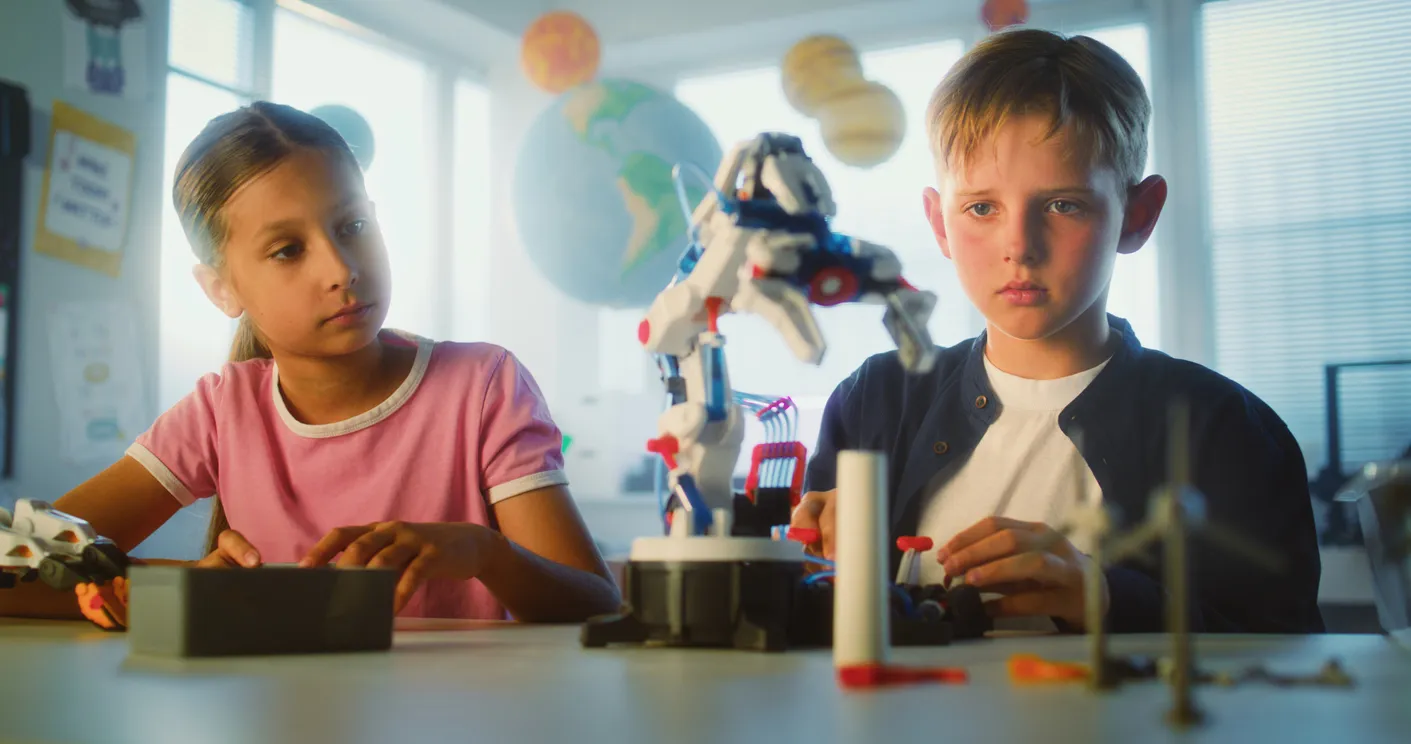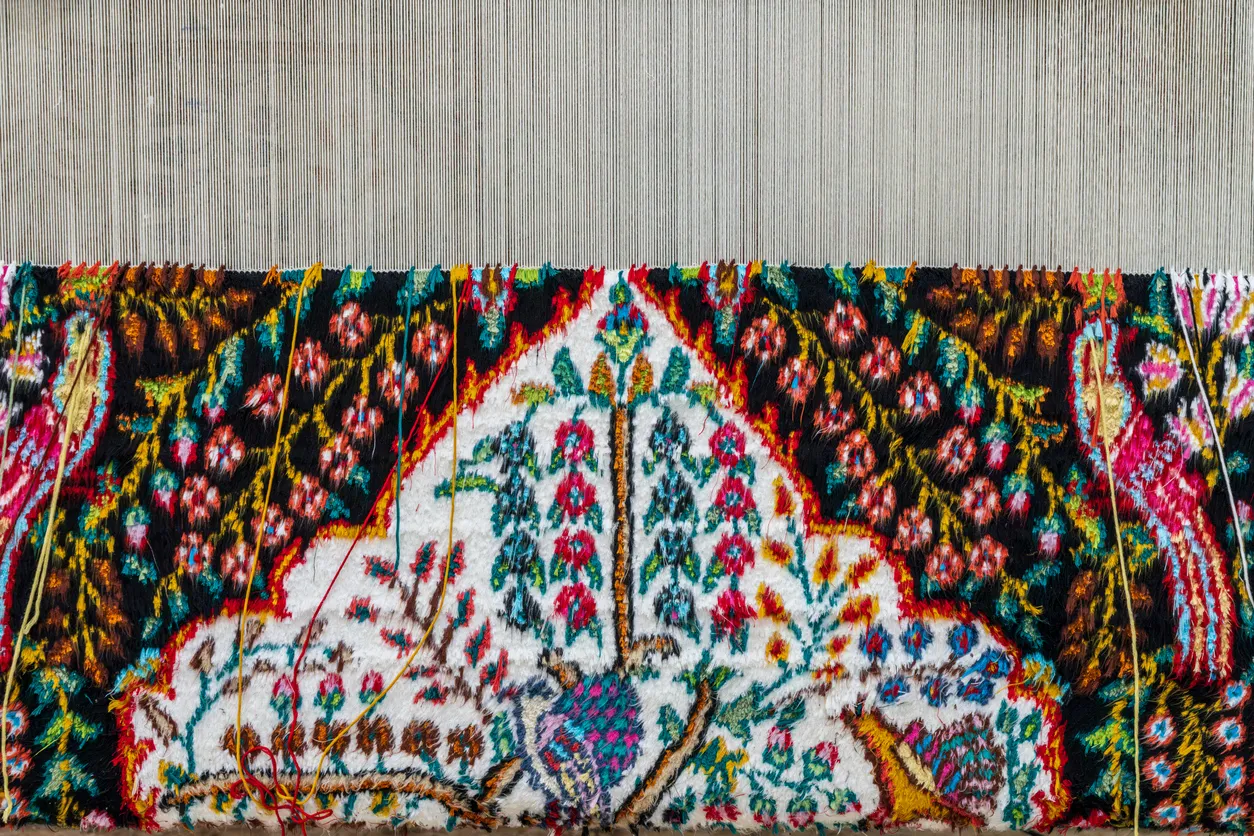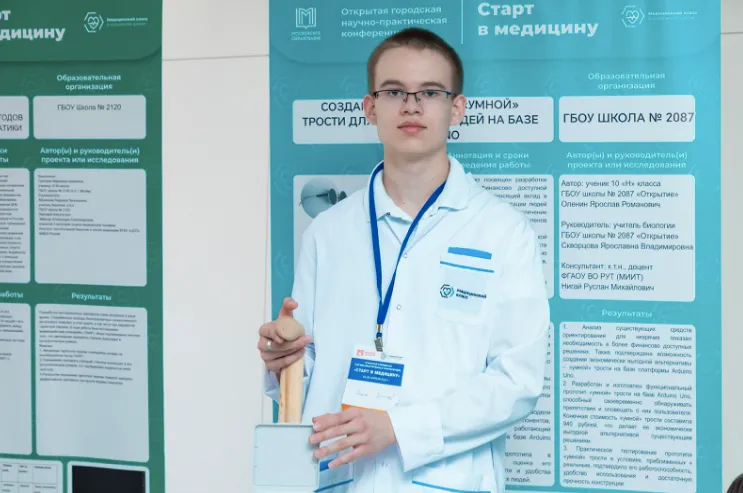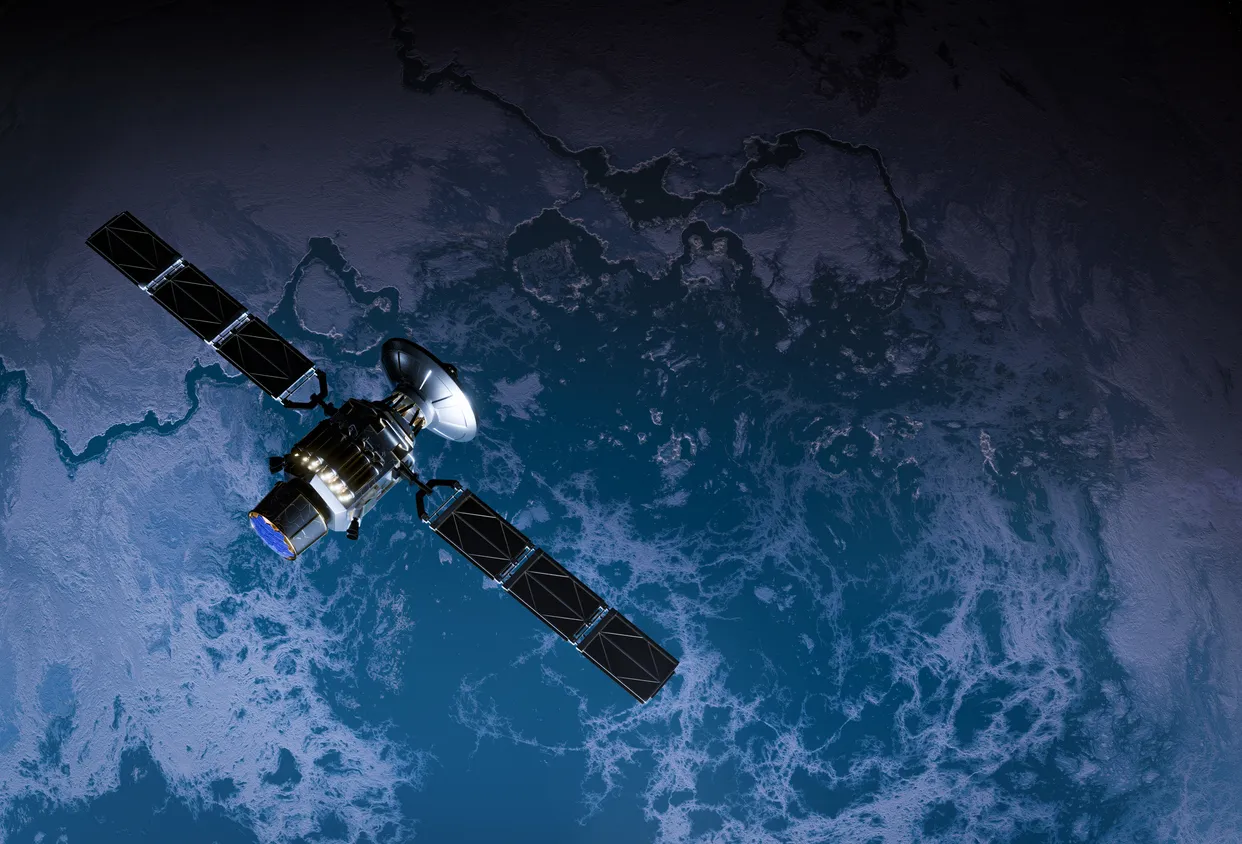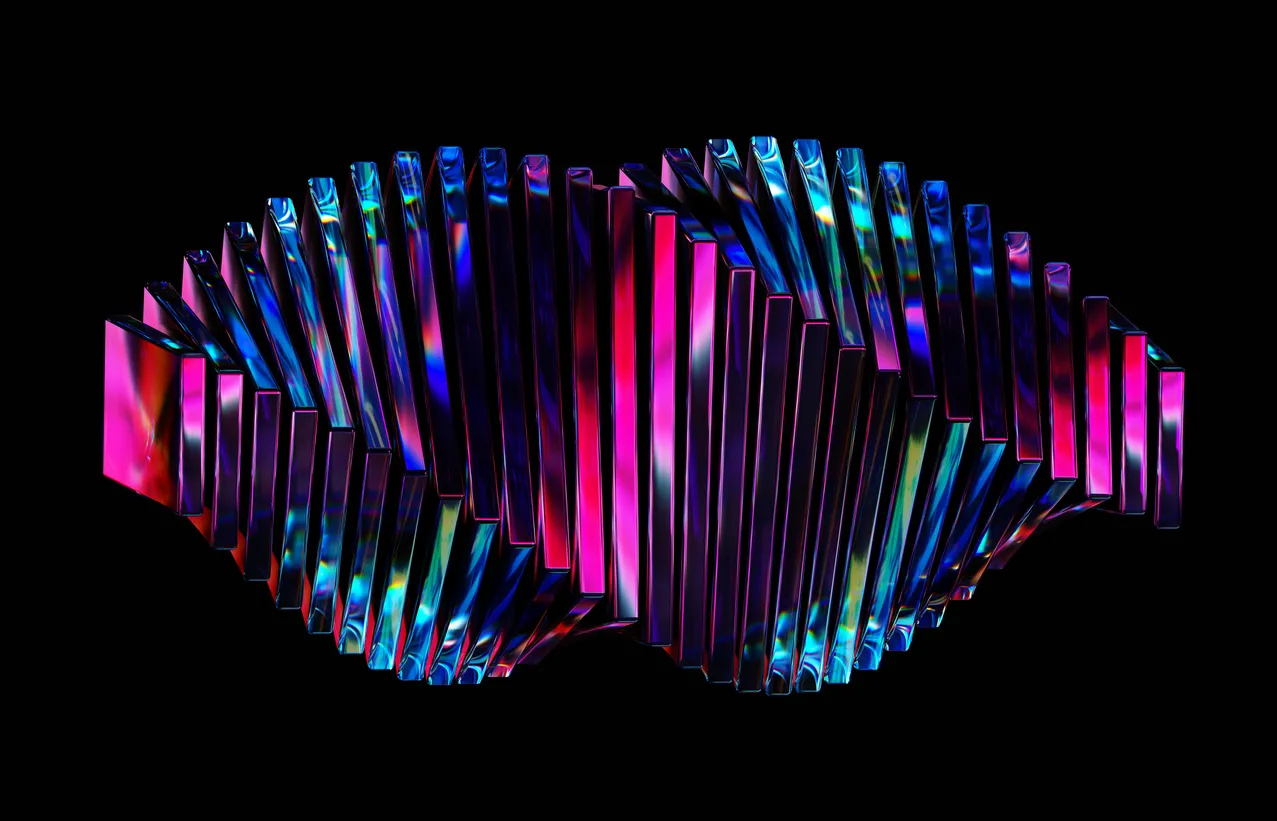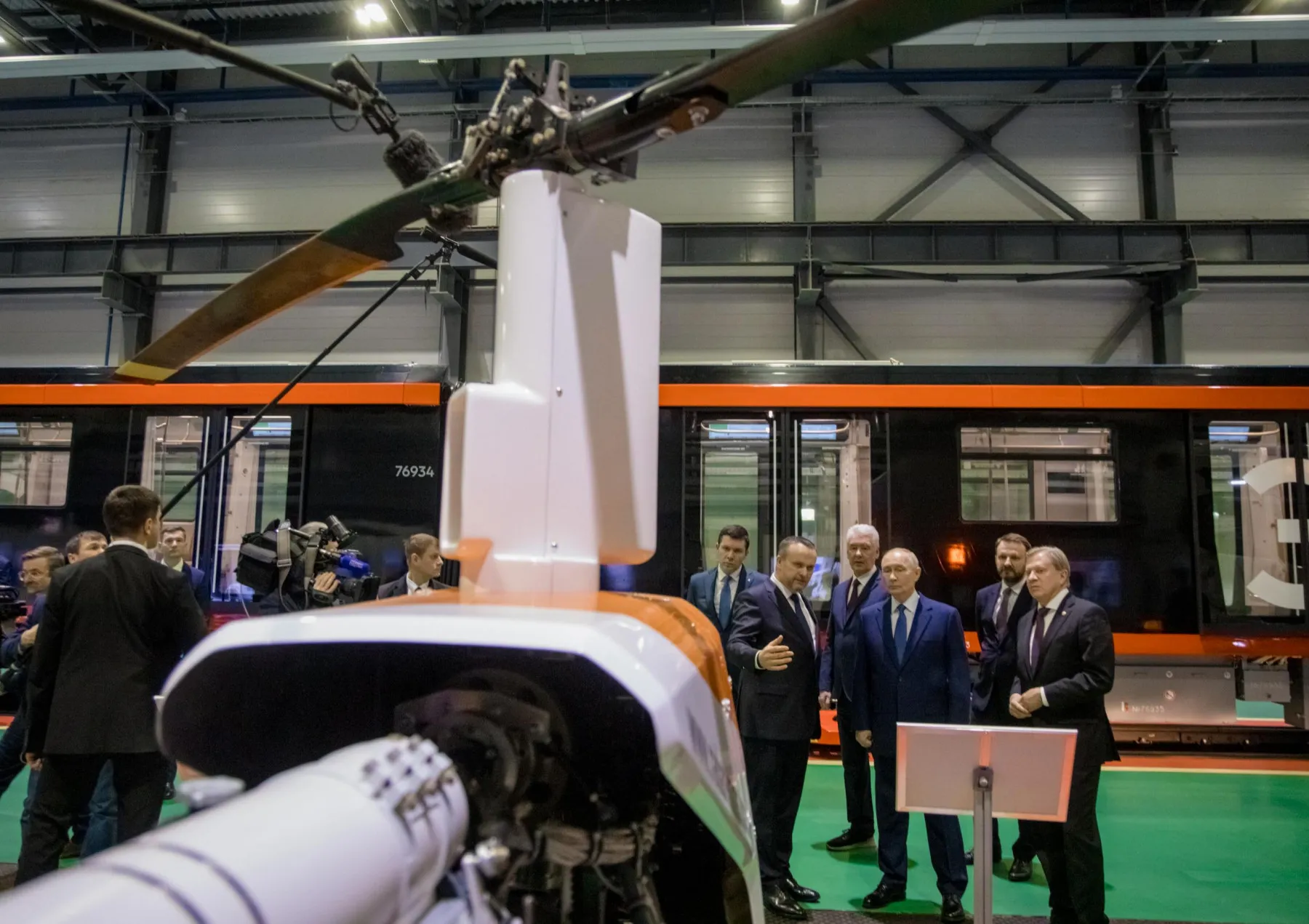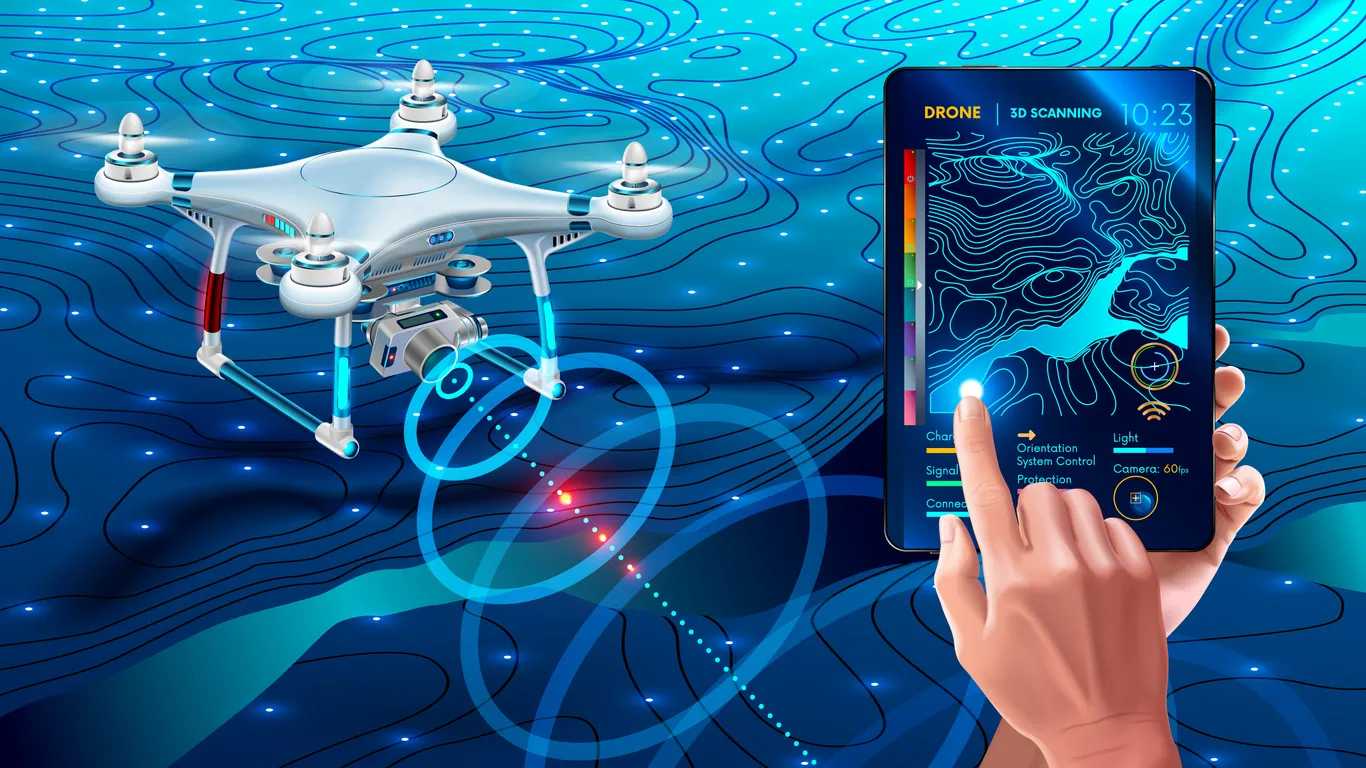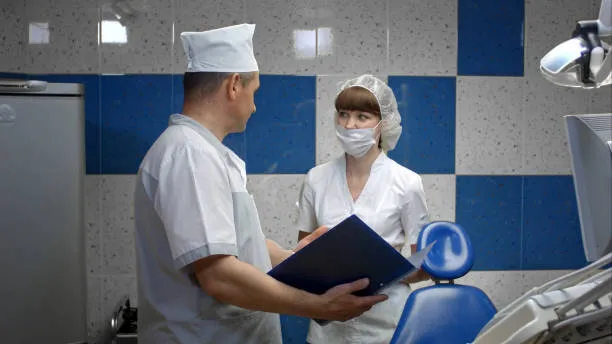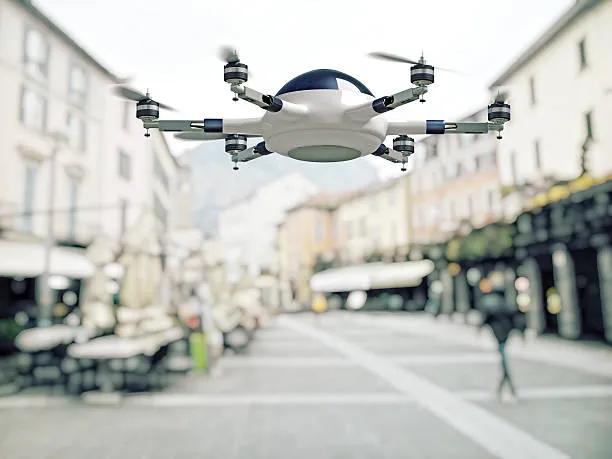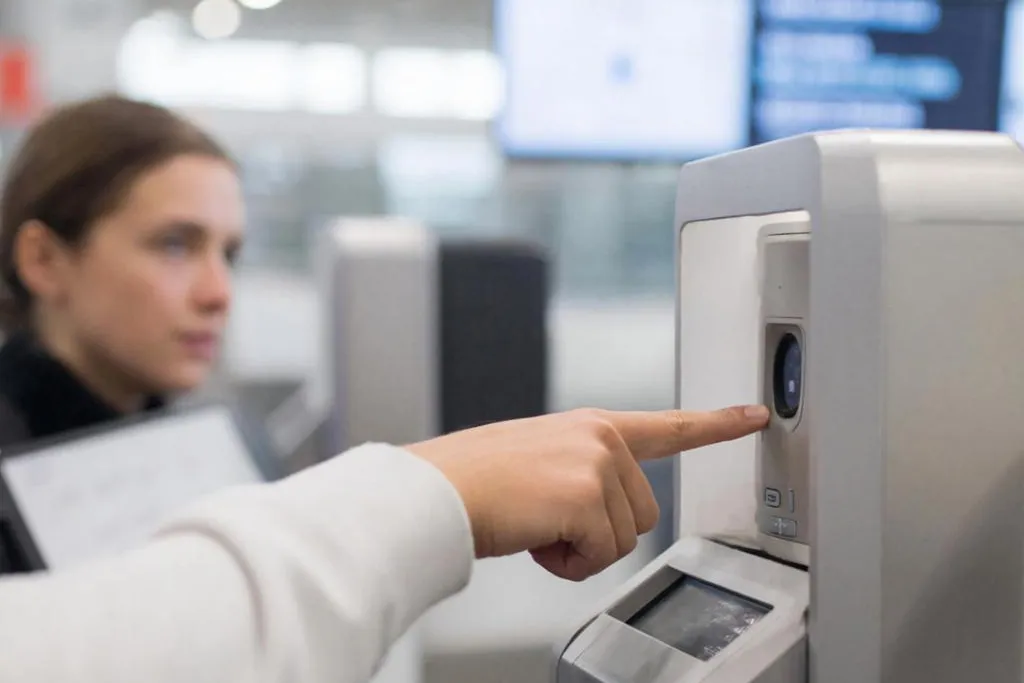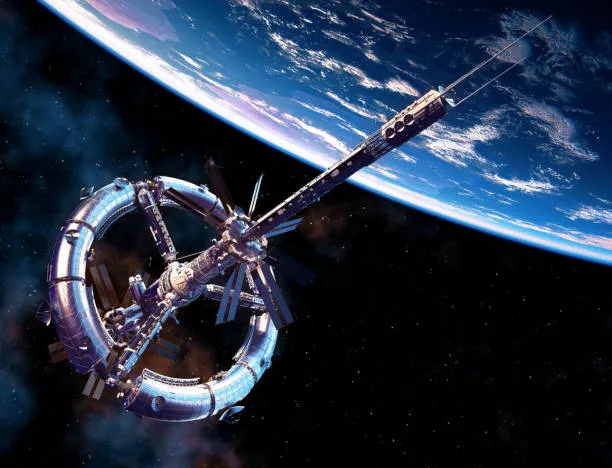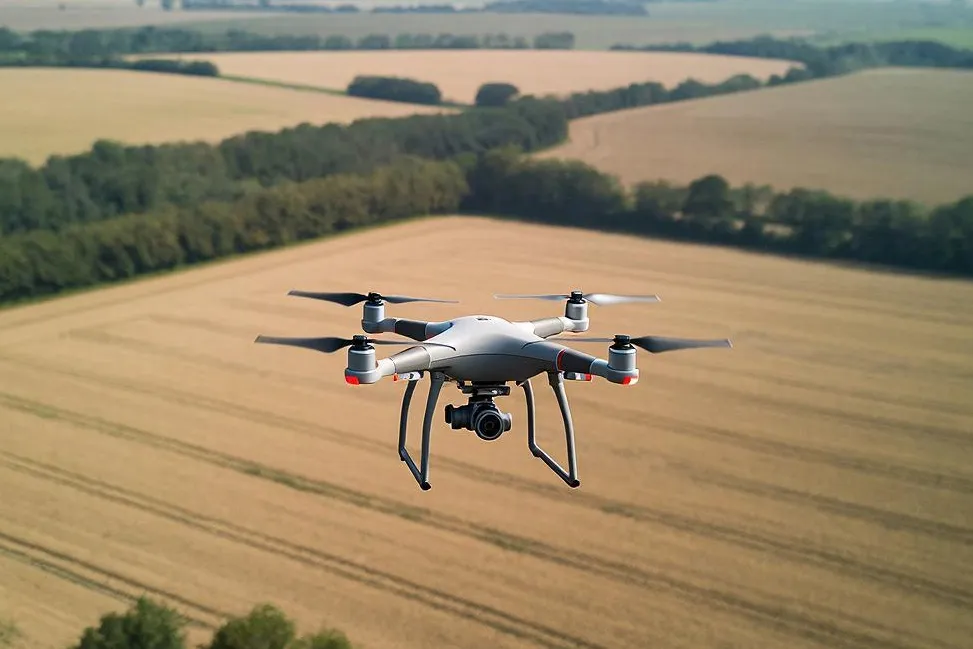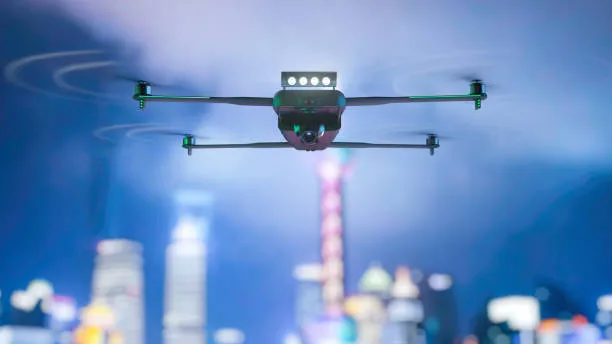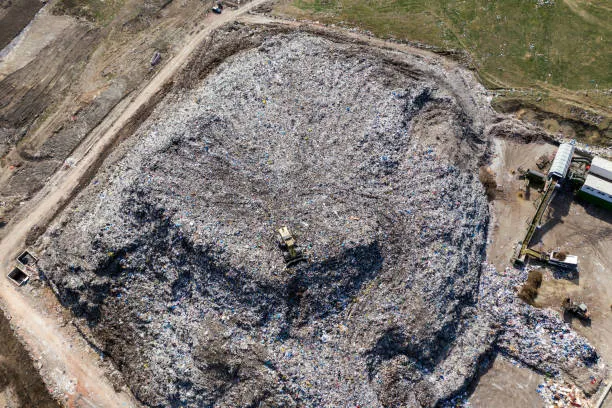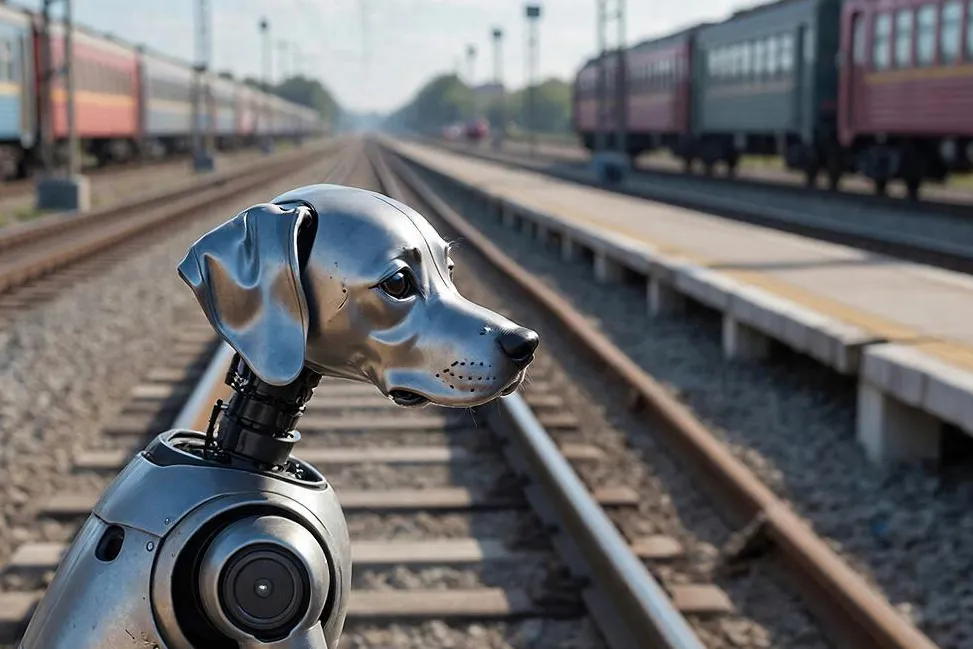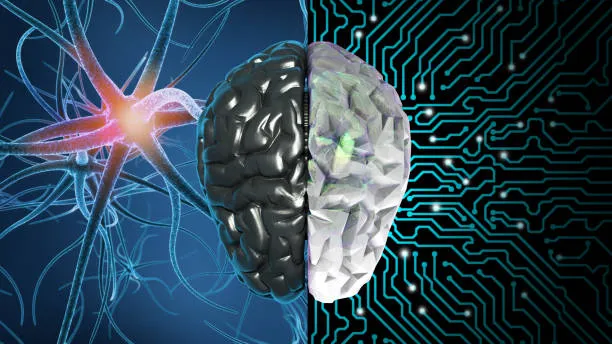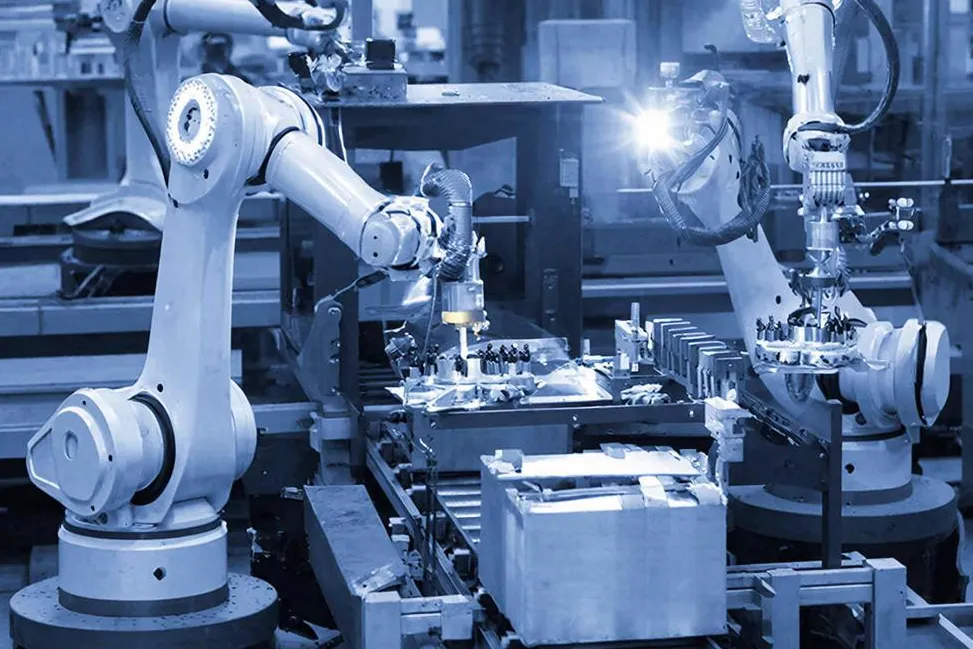Russia Eyes AI Breakthroughs in Veterinary Medicine
Artificial intelligence could transform animal care in Russia within the next few years, boosting efficiency by up to 50 percent and helping veterinarians shift from routine work to data-driven management.
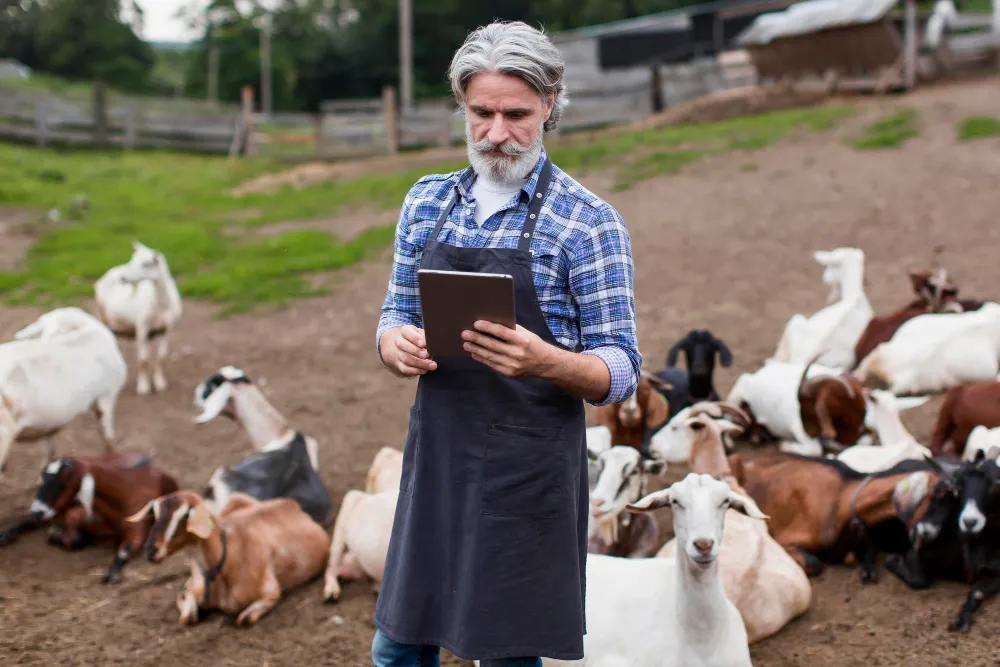
Russian scientists and technology experts predict that AI will play a pivotal role in modernizing veterinary medicine. Alexey Ermakov, dean of the Faculty of Bioengineering and Veterinary Medicine at Don State Technical University, announced that his team has developed an AI-based system for detecting anxiety and assessing the well-being of dogs. The project builds on a new scientific field known as Animal Activity Recognition (AAR), which uses computer vision to interpret animal behavior in real time.
Smarter Animal Health, One Algorithm at a Time
By 2030, comprehensive digital platforms are expected to emerge, containing the full medical history of every animal, according to Sergey Karpovich, head of the AI division at IT holding T1 Group. These systems could radically improve farm management and animal welfare by providing instant, automated diagnostics.
AI is already changing livestock care across Russia. Computer vision algorithms are being deployed on farms to monitor herds, detect lameness, mastitis, and other diseases at early stages. This allows farmers to respond “on signal,” reducing mortality rates and cutting costs.
From Routine to Strategy
Experts say these technologies will free veterinarians from routine monitoring tasks and allow them to focus on strategic decision-making. Beyond animal health, digital tools are increasingly integrated across Russian agriculture — from crop management to food production and logistics.
In short, the next revolution in Russian farming may not come from the barnyard, but from the data stream.



